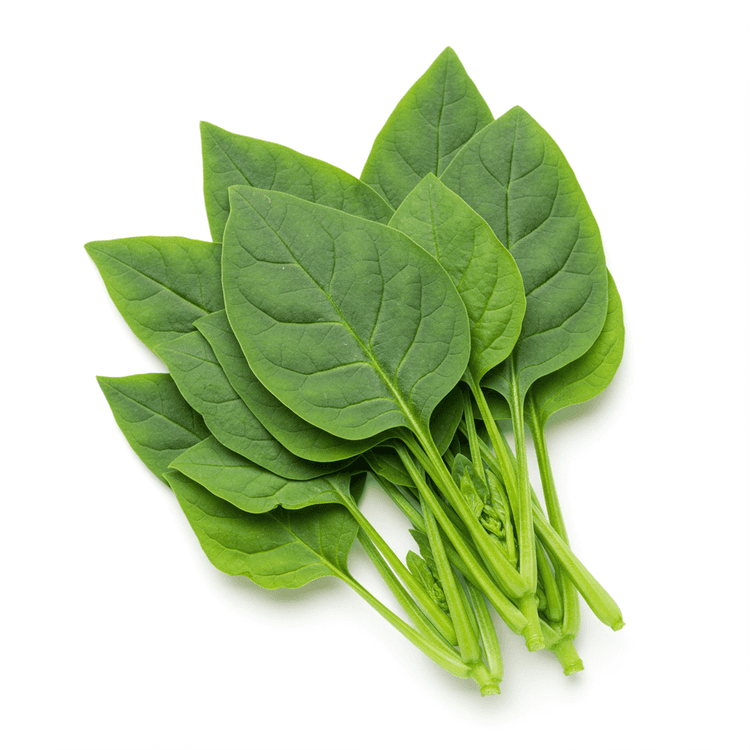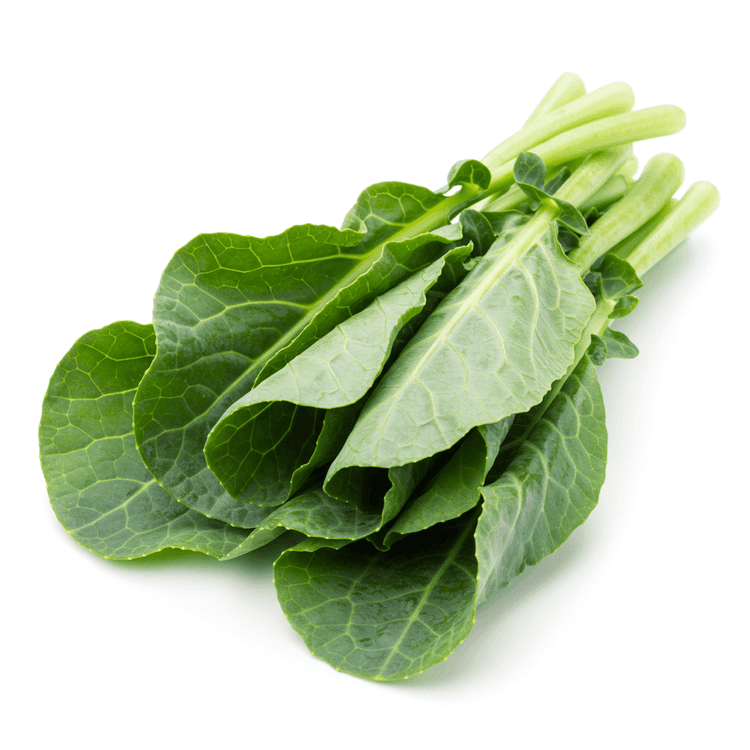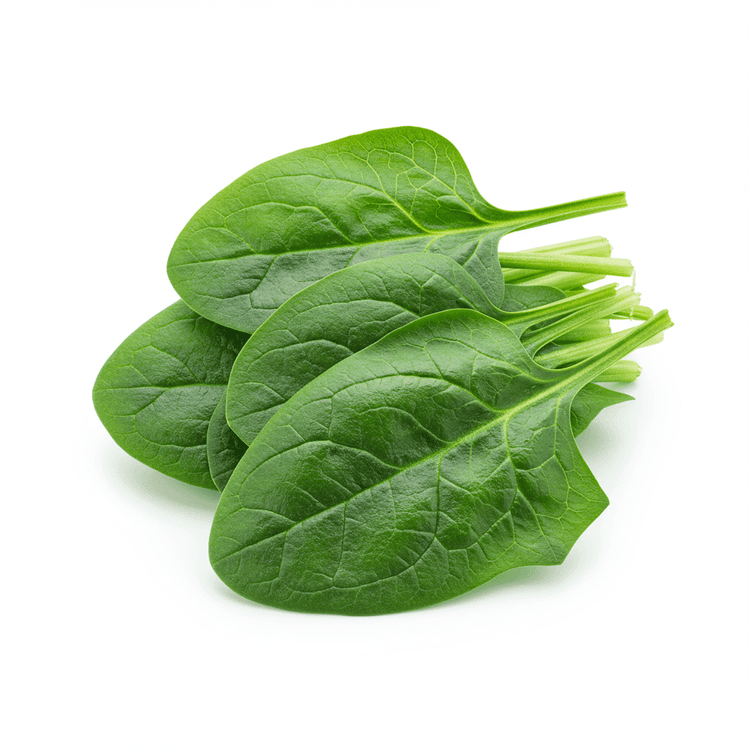
Jute
Jute leaves, also known as molokhia or saluyot, are a leafy green vegetable with a slightly mucilaginous texture similar to okra. The young leaves are tender and offer a mild, slightly tangy, and earthy flavor. As they mature, jute leaves can become tougher and more bitter, so it's best to use younger leaves when possible. Fresh jute leaves have a vibrant green color. These leaves are increasingly popular as people discover new and interesting ways to incorporate healthy greens into their diet. You can find jute leaves in Asian and African markets, and they are increasingly available from local farms that specialize in unique vegetables.
Common Uses
- Jute leaves can be used to thicken soups and stews. They release a slightly slimy texture when cooked, creating a rich and hearty broth. Consider adding them to your next vegetable soup for added nutrients and body.
- You can sauté jute leaves with garlic, onions, and other vegetables as a simple and flavorful side dish. The leaves wilt down quickly like spinach. Season with soy sauce, chili flakes, or lemon juice for extra flavor.
- Jute leaves are a fantastic addition to salads, offering a mild and earthy flavor. Use young, tender leaves for the best texture and taste.
- They are commonly used to make molokhia soup, a popular Middle Eastern and North African dish. This soup often includes chicken or lamb broth, garlic, coriander, and other spices for a flavorful and nutritious meal.
Nutrition (per serving)
Nutrition (per serving)
Calories
29.0kcal (1.45%)
Protein
3.2g (6.4%)
Carbs
4.7g (1.71%)
Sugars
0.5g (1%)
Healthy Fat
0.3g
Unhealthy Fat
0.1g
% Daily Value based on a 2000 calorie diet
Nutrition (per serving)
Calories
29.0kcal (1.45%)
Protein
3.2g (6.4%)
Carbs
4.7g (1.71%)
Sugars
0.5g (1%)
Healthy Fat
0.3g
Unhealthy Fat
0.1g
% Daily Value based on a 2000 calorie diet
Health Benefits
- Excellent source of dietary fiber, promoting healthy digestion and preventing constipation.
- Rich in vitamins and minerals, including iron, calcium, and vitamin C, supporting overall health and immunity.
- Contains antioxidants that help protect the body against free radical damage, potentially reducing the risk of chronic diseases.
- May help lower cholesterol levels, contributing to cardiovascular health.
- Supports weight management due to its high fiber content, which promotes feelings of fullness.
- Potential anti-inflammatory properties may help alleviate symptoms of inflammatory conditions.
Substitutes
Chefadora AI is here.
Experience smarter, stress-free cooking.
Storage Tips
Fresh jute leaves should be stored in the refrigerator to maintain their freshness. Wrap the leaves in a slightly damp paper towel and place them in a plastic bag or airtight container. This helps prevent them from drying out and prolongs their shelf life for up to 3-5 days. Dried jute leaves should be kept in an airtight container in a cool, dark, and dry place, away from direct sunlight and heat, to prevent moisture absorption and maintain their flavor and quality for several months.
Marnirni-apinthi Building, Lot Fourteen,
North Terrace, Adelaide, South Australia, 5000
Australia




